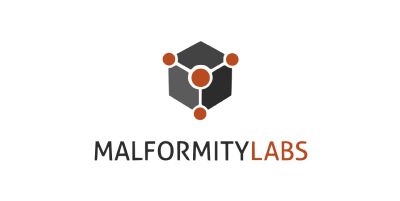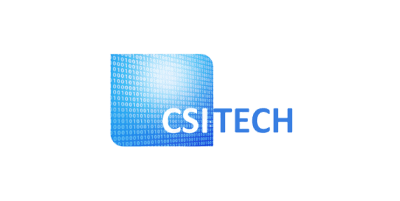Basic
Forever free for
Maltego explorers
The Basic plan includes:
-
Maltego Graph Community Edition for link analysis (limited)
Now returning up to 24 results per Transform — get twice the insights! - Out-of-the box access to commercial data (limited)
- 200 Maltego Credits / month
- Connectors to external data (limited)
- Maltego Academy with on-demand and live training























